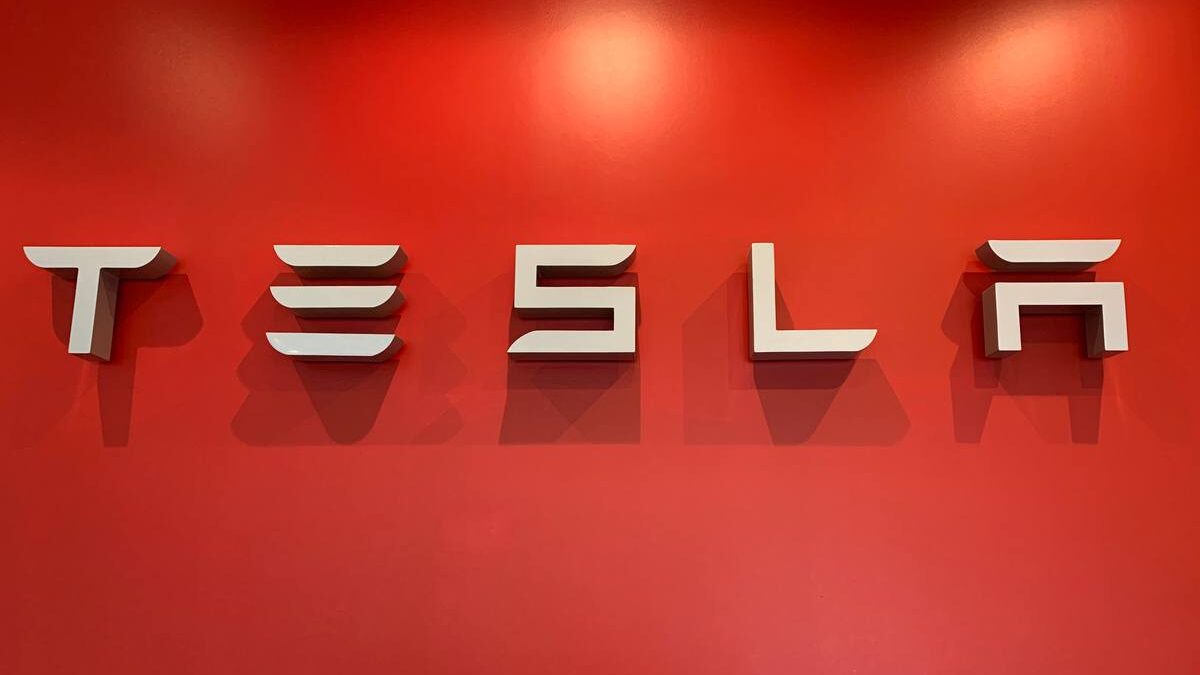Automakers such as Tesla shift to a different battery known as lithium iron phosphate (LFP) to reduce costs of production, considering that prices of everything, including electric vehicles increase while other companies that fail to do the same may fall behind the EV race.
Lithium-ion batteries’ components refer to the battery cathode. Cathodes and anodes are essential parts of a battery as they enable electric charge. Graphite is the typical compound of the anode in a lithium-ion battery, while the cathode is typically a compound of lithium and other metals such as cobalt, nickel, and manganese.
Interestingly, the metals that compose the cathodes of lithium-ion batteries are expensive. In fact, a metric ton of cobalt costs about $47,000, and a metric ton of iron costs about $600. The cost of cobalt might turn off the investors, but it is worth noting that there are fewer metals in any lithium-ion battery. According to Citigroup analyst Jeff Chung, batteries cost can be cut by about 10% to 15% through LFP-based chemistry instead of those with pricier metals, projecting a saving of about $1,000 a car.
The automotive industry faces issues with gross profit and relative costs. This is one of the reasons why Louis Navellier, the Navellier & Associates founder, favors the shift to LFP batteries as it is inevitable and cost-friendly. His favored LFP group includes Ford, Rivian Automotive, and Volkswagen. In fact, Ford Mustang Mach Es is set to change to LFP batteries in 2023, while VW is already considering it.
GM currently has no plans of shifting to LFP batteries as it prefers more expensive chemistries for its power for a given size. Noteworthily, cobalt, and nickel costs have decreased to roughly 50% from recent peaks. However, it would not affect the adoption of LFP batteries that much as LFP batteries have already accounted for around 60% of battery installations in China, as per Citi’s Chung.
“The faster companies follow Tesla …the faster the EV revolution can proceed,” wrote Navellier Monday.
Switching to Lithium-ion batteries can significantly reduce production costs that can help other automakers catch up in the electric vehicle race thus contributing to the revolution of EVs.

